In the 70s of the XVIII century, changes began in Russian literature. They deal specifically with poetry in a way that destroys canonized forms. Little by little, Lomonosov, Maikov, Kheraskov started it, but Derzhavin, like a rebel, approached the world of genres. This is especially true of the solemn ode genre, which, if you read carefully and thoughtfully, says the ode "Felitsa", a summary of which is presented below.
Name of the ode
Felicitas means "happiness" in Latin. But this is not enough. Derzhavin read a fairy tale that Catherine II wrote for her grandson, Alexander, on behalf of Princess Felitsa to Tsarevich Chlor, who will later appear in the text as an acting hero. 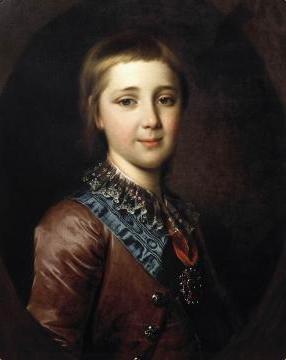 Because of the ridicule of the nobles who surrounded Catherine II, friends did not advise printing the ode. She is not harmless, this ode to Felitsa. The summary of a long work could anger high dignitaries. And how could the empress herself react to the playful description of her life? Moreover, it also speaks of important issues. Nevertheless, the ode was printed and brought tears of tenderness to the empress. She found out who was its author, and in every possible way did him a favor. Schoolchildren of our days are not interested in the ode "Felitsa". They will read the summary out of necessity and with longing.
Because of the ridicule of the nobles who surrounded Catherine II, friends did not advise printing the ode. She is not harmless, this ode to Felitsa. The summary of a long work could anger high dignitaries. And how could the empress herself react to the playful description of her life? Moreover, it also speaks of important issues. Nevertheless, the ode was printed and brought tears of tenderness to the empress. She found out who was its author, and in every possible way did him a favor. Schoolchildren of our days are not interested in the ode "Felitsa". They will read the summary out of necessity and with longing.
Start
The first ten verses tell how the princess, like the gods, showed the way to the captive prince Chlorus - the way to the place where a rose without thorns grows. He needed this rose to free himself from slavery. And the rose grows on a high mountain, where the abode of virtue is located. This tale about the prince and the daughter of Khan Felitsa was composed, as already mentioned, by the empress herself. So the ode "Felitsa", the summary of which includes a retelling of the work of Catherine II, could no longer flatter the empress. The second ten verses ask Felitsa for help in learning how to live correctly, because the author himself is weak and cannot cope with worldly passions.
"Simplicity" of the Empress
In the next ten verses, Derzhavin creates an ideal image of the heroine, describing her behavior and habits: love for hiking, simple food, reading and writing, and a measured daily routine. Her contemporaries did not differ in all this. There is no portrait description (meaning the ode "Felitsa"). Derzhavin, the summary shows this, highlights the democracy of the monarch, unpretentiousness, friendliness. 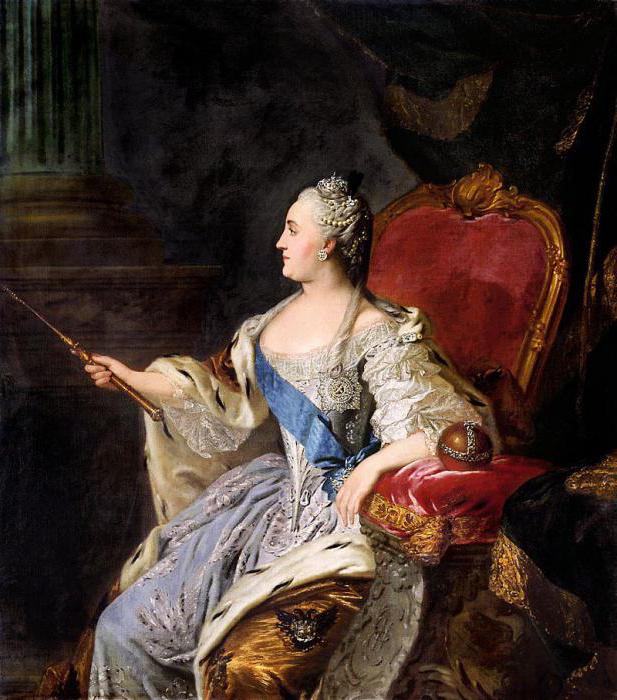
Irony and satire
The poet introduces such an innovation into the ode, while previously such liberties were not allowed in this genre. He contrasts the virtuous Felitsa with her surroundings. The poet writes in the first person, but he has in mind Prince Potemkin, who leads a wild life at court and, while fighting, presents himself as a sovereign ruler, like a sultan. When going to war, and he fought a lot and, as a rule, successfully, he spends his days in feasts, where gourmet food, which cannot be counted, is served on golden dishes. Or rides in a golden carriage accompanied by friends, dogs, beauties.
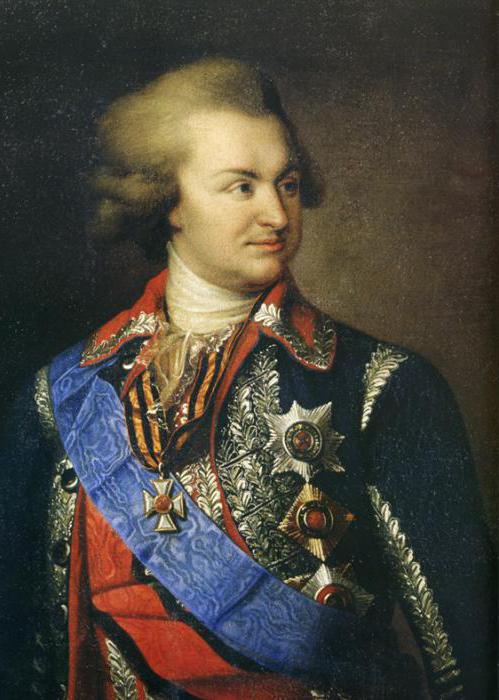
The author does not forget A.G. Orlova (ode "Felitsa"). Derzhavin (we are considering a summary) talks about his love for horse racing. Thoroughbred trotters were bred at the Orlov stud farms. On his wonderful horses, the count arranged races. Derzhavin also remembers the enthusiasm of the Orlovs' favorites for dancing and fisticuffs. By this they gladdened their spirit.
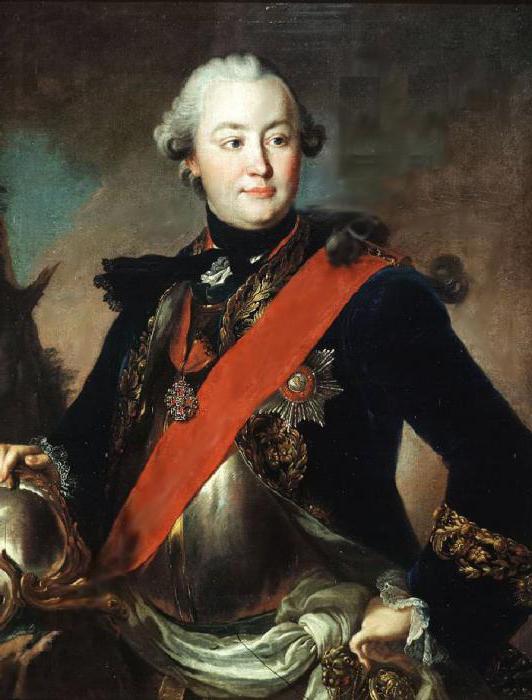 In addition, the poet mentions P.I. Panin, who helped the empress in the coup. Panin loved dog hunting and devoted a lot of time to it, forgetting about state affairs. Derzhavin does not deprive of attention such a large courtier as Naryshkin, who adored at night, and why at night, it is not known, to ride along the Neva, accompanied by a whole orchestra of musicians with horn instruments. Peace and quiet in the capital city could only be dreamed of by a simple man in the street, who worked hard to earn his own bread. Well, how can one not smile at the peaceful entertainment of the Prosecutor General Vyazemsky? In his spare time he read popular stories and dozed over the Bible.
In addition, the poet mentions P.I. Panin, who helped the empress in the coup. Panin loved dog hunting and devoted a lot of time to it, forgetting about state affairs. Derzhavin does not deprive of attention such a large courtier as Naryshkin, who adored at night, and why at night, it is not known, to ride along the Neva, accompanied by a whole orchestra of musicians with horn instruments. Peace and quiet in the capital city could only be dreamed of by a simple man in the street, who worked hard to earn his own bread. Well, how can one not smile at the peaceful entertainment of the Prosecutor General Vyazemsky? In his spare time he read popular stories and dozed over the Bible.
The poet is also ironic over himself, as if counting himself among a narrow circle of the elect. In such an ironic vein, no one dared to write. The ode "Felitsa" (Derzhavin), a summary of which is transmitted here, has become an innovative work. When Derzhavin was reproached for ridicule, which today seems rather harmless, the poet pointed to the place where he describes his shortcomings, for example, chasing pigeons on a dovecote or simply playing cards like a fool. People, according to the poet, and rightly so, are not inclined to do serious things all the time. It is only important not to run after empty dreams, not to lead a luxurious and lazy life and not to grumble when they demand money for public affairs. And both Potemkin and Prince Vyazemsky were famous for this, whom Catherine II described in her fairy tale about Tsarevich Khlor under the names Lentyag and Grump.
Literary anecdote
But the poet does not condemn the empress, who is surrounded by people with human weaknesses. After all, their talents are in the service of the prosperity of the great empire. This is shown by the analysis of Derzhavin's poem "Felitsa". In the portraits of high-ranking courtiers, the technique of a literary anecdote is used. In those days, an anecdote was understood as a real story about a real person, but artistically processed, which has an instructive or satirical sound. Indeed, the reveler, the duelist and the tireless ladies' man, the favorite of Catherine II, Alexei Orlov, the prudent Panin, the sybarite, but also the victorious warrior Potemkin, remained in the memory of the descendants. It describes the gradual departure from the scene of the Masons, which began in the time of Catherine II under the influence of the bloody revolution that took place in France. Freemasons are mentioned at the very beginning of the ode. But on the whole, Derzhavin's irony was not of a pretentious, accusatory nature; it was mild, rather, playful.
How is the image of Catherine created?
Through the tale of the clever Felitsa, who helps Tsarevich Chlor, Derzhavin creates the image of an ideal ruler. Where an ordinary person, says Derzhavin, goes astray, follows passions, one princess is able to illuminate everything with her wisdom. He alludes to the creation of provinces in the state, which brought its administration into greater order. He appreciates in Catherine II that she does not humiliate people, does not oppress and does not destroy, like a wolf, and through her fingers looks at their weaknesses. Catherine II - but not God, and behaves accordingly. People are more subject to God than to the king. So says the analysis of Derzhavin's poem "Felitsa". The Empress observes this rule, for she is an enlightened monarch. 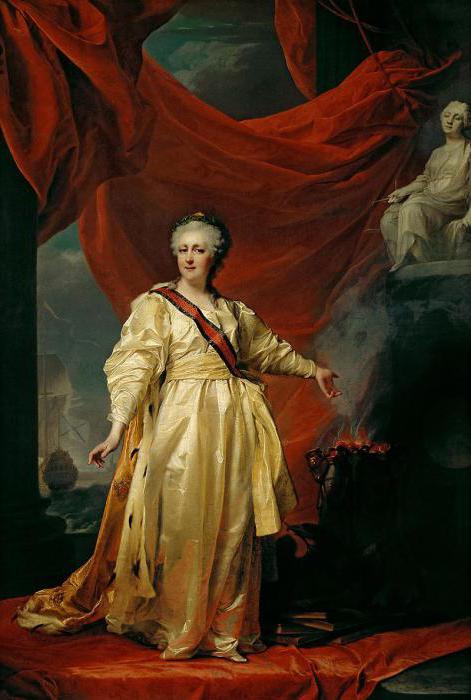 Nevertheless, Derzhavin decides to give very delicate advice to the empress: dividing the state into provinces, fastening them with laws so that there are no disagreements. He further beautifully compares her to a skilled captain guiding a ship through stormy seas.
Nevertheless, Derzhavin decides to give very delicate advice to the empress: dividing the state into provinces, fastening them with laws so that there are no disagreements. He further beautifully compares her to a skilled captain guiding a ship through stormy seas.
Emphasizing modesty and generosity in the image of Catherine
Many stanzas are devoted to this, but the most important thing is that she refused the titles of “Wise”, “Great”, “Mother of the Fatherland”, which were presented to her by senators. Yes, modesty was false, but it looked beautiful. When you carefully read not only the ode, but also the comments on it, such conclusions are implied by the analysis of the ode “Felitsa” by Derzhavin G.R.
Idealization of the image of Catherine
In the first part of the ode, the image of a monarch with the simple habits of an ordinary person is very appealing to the poet. Further, Derzhavin praises her as a wise statesman. This is the image of an enlightened sovereign in comparison with the queens who ruled before her, often deeply ignorant and cruel. In the third, final part, the image of a philosopher soaring high above his subjects is created, who thinks deeply about the fate of the state and people. 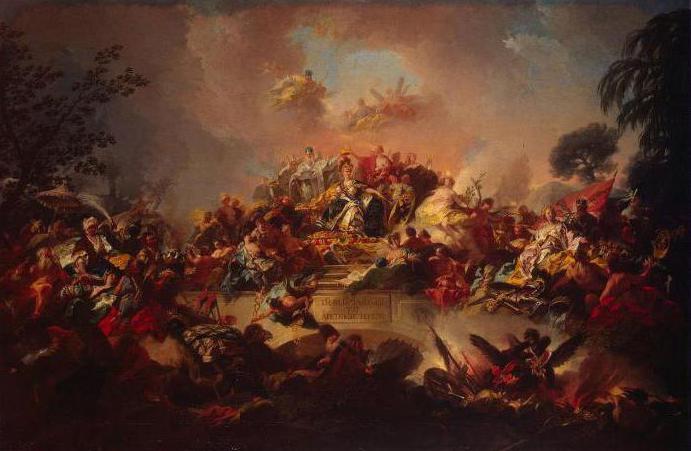 These are all the ideals of G. R. Derzhavin in the ode "Felitsa". Felitsa is a living goddess on earth, which is confirmed by the final stanzas. They are full of praise, and it is no wonder that the Empress shed tears while reading this work.
These are all the ideals of G. R. Derzhavin in the ode "Felitsa". Felitsa is a living goddess on earth, which is confirmed by the final stanzas. They are full of praise, and it is no wonder that the Empress shed tears while reading this work.
Oriental motifs in the ode
Having built the ode "Felitsa" from beginning to end on an oriental tale written by the monarch herself, Derzhavin gave it an oriental flavor. It contains Lentyag, Grub, Murza, Khan, the Khan's daughter, a god-like princess. This creates a special "taste", unusual for either Russian prose or poetry. In addition, having made the monarch the object of poetry, the poet wrote an ode as a praise and at the same time as a satirical work. This ensures the originality of Gabriel Derzhavin's ode "Felitsa". He was one of the first poets who began to discover new treasures of the living word in literature, one of those whose work does not fit within the framework of the theory of three styles.
